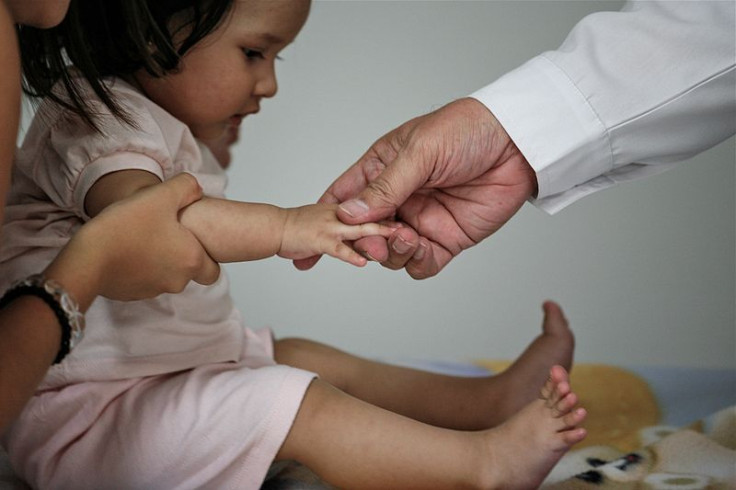Why Parents Should Stop Giving Unnecessary Fever Meds To Their Children
Overprotective parents may not be doing their kids a favor whenever they give them fever meds at the first sign of a low-grade fever.
A C.S. Mott Children’s Hospital national poll on children’s health at the University of Michigan Health recently found that many parents may be unnecessarily giving their children medication to reduce fever.
About one in three parents would give fever medicine for spiked temperatures below 100.4 degrees Fahrenheit (38 C), which is not recommended by experts. Half would also give medicine for a fever between 100.4 and 101.9 (38.8 C) degrees, while a quarter would give another dose to prevent the fever from returning.
According to Seattle Children’s Hospital, most fevers are good for sick children. It’s a sign that their bodies are fighting off the infection. Most low-grade fevers resolve on their own, especially when there’s proper hydration since fluids help the body give off heat through the skin.
Based on the poll, most parents recognize that a low-grade fever helps their child fight off infection. At the first sign of any problems, they take their child’s temperature and monitor for other symptoms before administering medication or seeking professional help.
“Most parents (89%) agree that running a low-grade fever helps a child’s body fight off infection. Three in four parents (75%) say they take their child’s temperature as soon as they notice a possible problem, while 23% of parents wait to see if the problem continues or worsens before taking their temperature; 2% take their child’s temperature in rare situations only,” a portion of the report read.
Mott Poll co-director and Mott pediatrician Susan Woolford, MD, explained that parents should let a low-grade fever run its course in older children because this signals that the body is working on killing the virus or bacteria causing the illness. During the febrile phase, the immune system produces more white blood cells and antibodies, and prevents the virus or bacteria from replicating.
“Often parents worry about their child having a fever and want to do all they can to reduce their temperature. However, they may not be aware that, in general, the main reason to treat a fever is just to keep their child comfortable,” Woolford said in a Michigan Medicine-University of Medicine press release.
“Some parents may immediately rush to give their kids medicine, but it’s often better to let the fever runs its course. Lowering a child’s temperature doesn’t typically help cure their illness any faster. In fact, a low grade fever helps fight off the infection. There’s also the risk of giving too much medication when it's not needed, which can have side effects,” she added.
On the other hand, Woolford advised parents to immediately see a health professional if their newborn or infant below three months old develops a fever.




























